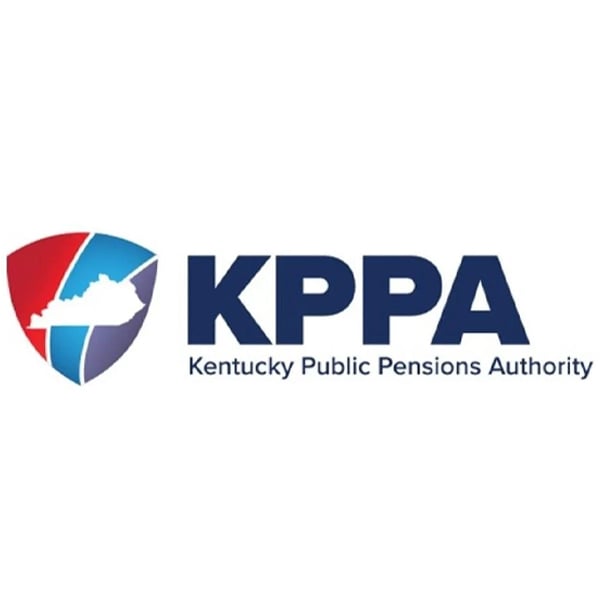Lawmakers who oppose repealing Kentucky’s certificate of need requirements limiting medical providers from opening new facilities or expanding existing ones argue that getting rid of the misguided policy will cause rural hospitals to close, leaving many poor patients without adequate health care in their communities.
Providing privately insured customers with choices, they reason, would result in financial hardship for rural hospitals who depend on charging full-paying clients more for their surgeries than a freestanding surgical facility might charge to cover the costs of the majority of their patients who depend on Medicaid or Medicare to fund their care.
Since miserly reimbursement rates paid by the federal government for Medicare and Medicaid often don’t cover the cost of services, denying full-paying patients the benefits of lower prices and better quality produced by competition is the only way to save our rural hospitals, claim supporters of certificate of need requirements.

Even if hospitals’ care for indigent patients was being subsidized by “full freight” patients, which credible research indicates isn’t happening, the data don’t support claims that certificate of need results in improving access to care.
Instead, those facts strongly suggest it’s the wrong prescription with harmful side effects for our state’s healthcare policy. Kentucky has lost four rural hospitals since 2005 with another 10 facing closure at any time. Obviously, certificate of need laws haven’t helped rural facilities.
Jaimie Cavanaugh, an attorney with the Institute for Justice, a national nonprofit public interest law firm, and West Virginia University researcher Matthew Mitchell recently reviewed Kentucky’s certificate of need laws. They told members of a legislative task force that no rural hospitals have closed since 2005 in several states without certificate of need laws, including Colorado, Idaho, Utah and Wyoming.
Could the fearmongering about rural hospitals closing if the commonwealth ends its anticompetitive certificate of need law be a ruse perpetrated by incumbent providers to reduce competition and keep healthcare entrepreneurs out?
Kentucky’s policy currently aids such monopolizing by requiring applicants who want to open a new facility or expand an existing one to get permission from existing providers, who can veto applications for 32 services, as well as state government’s approval.
It comes as no surprise, then, that services on that list are lacking, or missing altogether. There are, for example, no freestanding birthing centers in the state, forcing Kentucky women who want that option to travel to another state. More scanning centers are also urgently needed, but would-be applicants are discouraged from even applying for a certificate by the stringent regulations and ability of existing providers to nix applications.
In their review of Kentucky’s certificate of need approvals and denials published by the Institute for Justice, Cavanaugh and Mitchell found that incumbent providers’ opposition reduced the approval rate by more than half for projects requiring applicants to prove the need for new ambulance services, additional beds at psychiatric facilities, or one of the other many services and technologies.
The review also found that the Cabinet for Health and Family, the state’s largest and costliest bureaucracy, denied 35 certificate of need applications between January 1, 2019, and mid-May 2023.
Not only are those 35 services and technologies that could save or improve the quality of lives – especially for our rural citizens – but how many entrepreneurs were discouraged from applying due to the regulatory hassle, cost and length of time required to even get an answer regarding an application?
Most would-be applicants “give up without even trying,” Cavanaugh said. “Patients in the average CON state have access to fewer hospitals, fewer ambulatory surgical centers (ASCs), fewer dialysis facilities, fewer imaging centers, and fewer rural hospitals per capita, among other things,” according to the review by Cavanaugh and Mitchell.
Michell testified that an objective look at hundreds of reports and tests indicates that certificate of need regulations drive up health care costs and spending while reducing efficiency. Kentucky, he noted, has the third-most certificate of need requirements in the nation.
Replacing our state’s onerous certificate of need laws with incentives for healthcare entrepreneurs to provide more choices is the right prescription.
“Economic analysis finds the competition is an important force in markets to generate lower prices, better quality, and more efficiency,” Bluegrass Institute Scholar John Garen, Ph.D., BB&T Professor Emeritus of Economics at the University of Kentucky, told the state task force. “Any interference with the competitive process is presumptive harmful Certificate-of-need law … impedes entry of additional providers into markets.”
It’s a strange phenomenon to see some normally conservative lawmakers become so adamant about defending one of Kentucky’s most anti-competitive policies.
Its most vocal defenders are those whose background is in administration at long-existing facilities, primarily hospitals. They argue that because our struggling healthcare system no longer resembles much of a free market, we must protect the monopoly and double down on maintaining anticompetitive practices to ensure the continued availability of some services.
Such logic reminds me of a past president who defended government bailouts of existing financial firms in order to save the economy, claiming he “had to abandon free-market principles in order to save the free market system.”
We must not follow free-market principles only when it’s convenient. Adhering to those tenets when it’s most inconvenient is often when it’s most needed.
Jim Waters is president and CEO of the Bluegrass Institute for Public Policy Solutions, Kentucky’s free-market think tank. Read previous columns at www.bipps.org. Reach him at jwaters@freedomkentucky.com and @bipps on Twitter.

















